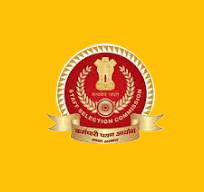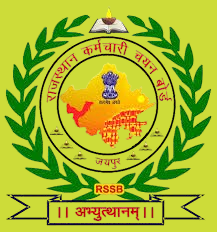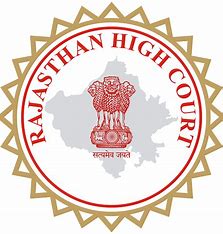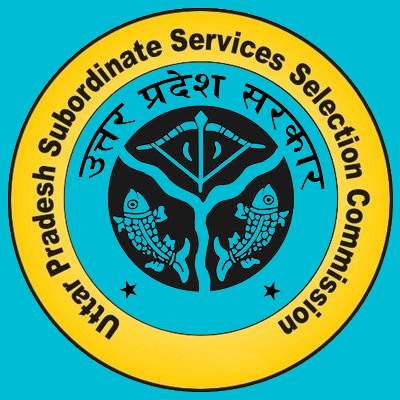
RSMSSB
Home
Courses
RSMSSB
RSMSSB Stenographer Exam: Preparation Guide
The Rajasthan Subordinate and Ministerial Services Selection Board (RSMSSB) conducts the Stenographer exam for recruiting stenographers in various departments of the Rajasthan Government. This competitive exam tests your skills in shorthand, typing, and general knowledge. To excel in this exam, you need focused preparation. This guide will help you understand the exam pattern, syllabus, and provide preparation tips.
1. RSMSSB Stenographer Exam Overview
The RSMSSB Stenographer Exam includes three major stages: Written Exam, Shorthand Test, and Typing Test. The exam assesses your ability to transcribe dictations in shorthand and your typing speed. In addition, there are sections on general knowledge and the English/Hindi language.
RSMSSB Stenographer Exam Pattern:
The exam structure is as follows:
Written Exam:
- General Knowledge: Questions related to current affairs, history, geography, politics, economy, and general knowledge.
- General Intelligence & Reasoning: Logical reasoning, analogies, puzzles, number series, and data interpretation.
- Hindi & English Language: Grammar, vocabulary, comprehension, and sentence formation.
Shorthand Test:
- In this test, you will be required to transcribe dictation at a speed of 80 words per minute (English) or 60 words per minute (Hindi) for a duration of 10 minutes.
Typing Test:
- After clearing the shorthand test, candidates will appear for the typing test. The required typing speed is 40 words per minute (in English) or 35 words per minute (in Hindi) with 95?curacy.
2. Syllabus Breakdown for RSMSSB Stenographer Exam
The syllabus for the RSMSSB Stenographer exam is divided into the following sections:
- General Knowledge:
- Current Affairs: National and international news, government policies, sports events, and political developments.
- Indian History and Geography: Key historical events, famous leaders, Indian culture, and physical geography.
- Rajasthan GK: Facts about Rajasthan's history, culture, government, and economy.
- General Intelligence and Reasoning:
- Logical reasoning, puzzles, number series, blood relations, seating arrangement, and data interpretation.
- English and Hindi Language:
- Grammar: Tenses, Articles, Prepositions, and Conjunctions.
- Vocabulary: Synonyms, Antonyms, and Idioms.
- Sentence formation and comprehension.
3. Preparation Tips for RSMSSB Stenographer Exam
Master Shorthand:
- Shorthand is a crucial part of the exam. Practice dictation regularly to improve your speed and accuracy.
- Start with lower speeds and gradually increase the pace as you improve. Focus on 80 WPM (English) and 60 WPM (Hindi) as per the exam requirements.
Typing Speed:
- Consistent practice is key. Use online typing tools like TypingMaster and Ratatype to practice typing in both English and Hindi.
- Aim for 40 WPM in English and 35 WPM in Hindi with 95?curacy.
Strengthen General Knowledge:
- Stay updated with current affairs by reading newspapers like The Hindu and Times of India.
- Focus on Rajasthan GK and important historical events.
Practice Mock Tests:
- Solve previous years' question papers and take online mock tests to improve your time management skills and become familiar with the exam format.
Focus on Accuracy:
- In both shorthand and typing, accuracy is essential. Avoid making mistakes, as these will affect your overall score.
4. Books and Resources for RSMSSB Stenographer Exam
Shorthand Books:
- Pitman’s Shorthand (for English)
General Knowledge:
- General Knowledge 2024 by Manohar Pandey
- Lucent’s General Knowledge
English Grammar:
- High School English Grammar & Composition by Wren and Martin
Typing Practice:
- TypingMaster (for both Hindi and English)
- Ratatype
5. Conclusion- The RSMSSB Stenographer exam requires a balanced preparation strategy. Focus on improving your shorthand, typing speed, and general knowledge to clear the exam. Regular practice, mock tests, and consistency will ensure that you perform well and succeed in the exam.





